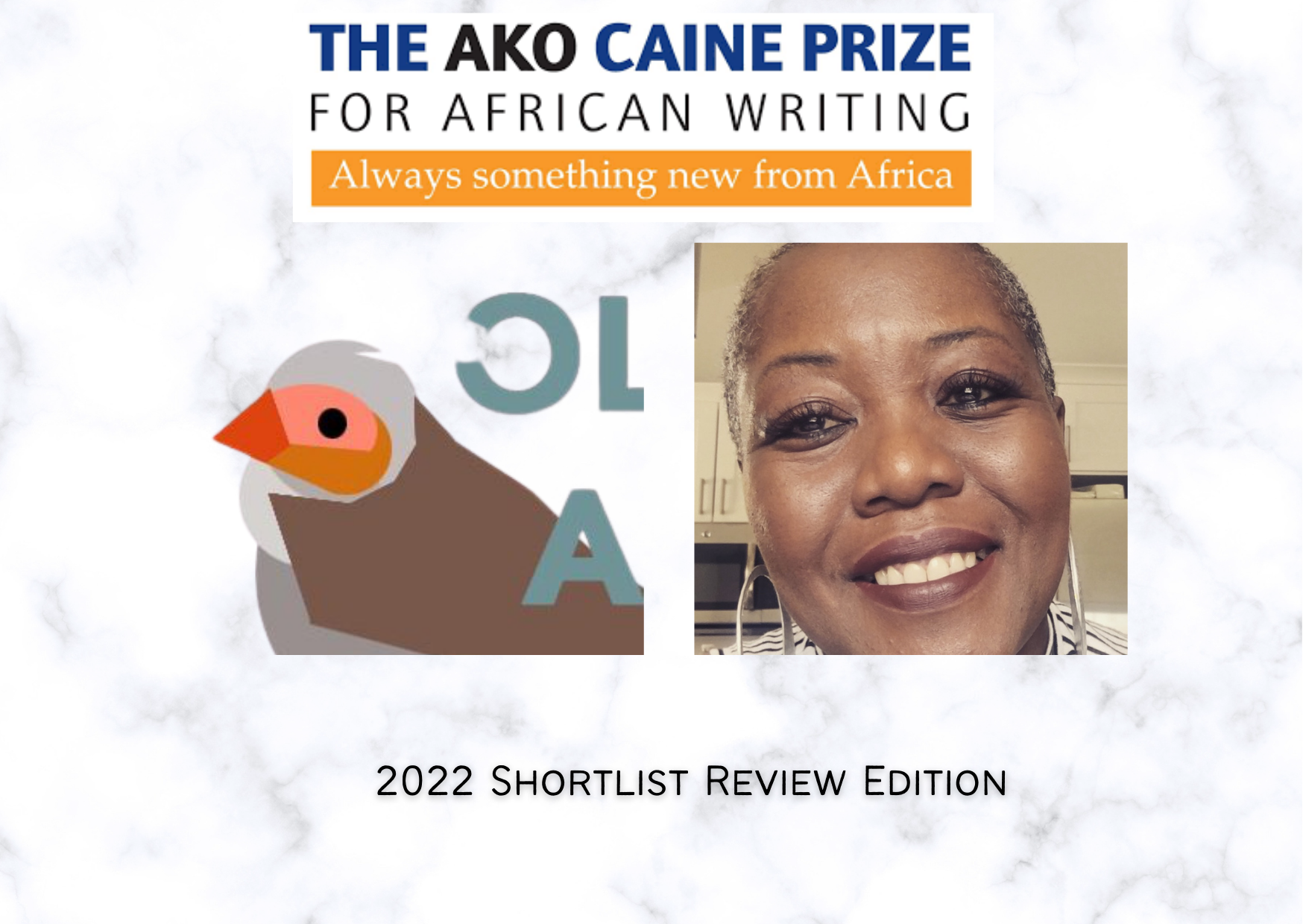
A Danquah’s Account of Uxoricide
In one of the most chilling stories of the true-crime genre, John List’s 1971 gruesome murder of his family stands tall, and this is not the most disturbing aspect of the story. Much later after he was found and arrested – almost two decades later – the question on the lips of most people who followed the saga was what motivation informs such an atrocity? What pressures are behind committing a homicide?
Over the years, much has been said and written about List’s motives and although he provided a confession in a letter and would later write a memoir detailing the nuts and bolts of the crime, the gory details of the events still send chills down the spine of anyone who encounters the story. In a similar vein, Nana-Ama Danquah’s Caine Prize shortlisted story, When A Man Loves a Woman, published in Accra Noir by Akashic Books, USA, (2020) & Cassava Republic Press, UK and the Commonwealth (2020), tells the story of a man who murdered his wife over an assumption of infidelity.
The narrative follows the life of Kwame and Adwoa, two Ghanaian American returnees who retire to their native country Ghana, after a lifetime away and threads the history of their marriage until it’s gruesome end. They had a fairly successful life in the US, married with two kids and good jobs to the extent that they grew old in the country, although they would have preferred to return to Ghana much earlier. They, like most Africans who followed the promise of a greener pasture to the United States, tried to keep up the routine of their former life while still on the continent through food and other cultural things. The story thereafter chronicles their varying health challenges which saw them having to make degrees of lifestyle changes to accommodate their aging bodies.
The narrative also focuses on their interior lives as well, particularly the rudiments of their attraction to each other. Sex becomes a language that holds their marriage together despite the challenges of their everyday lives as immigrants in the United States. When eventually they decide to return to Ghana, Kwame becomes diagnosed with cancer and requires surgery. After his recovery, they finally fulfill their lifelong dreams of returning home. But the return will be unraveled by the betrayal of Kwame’s younger brother, Fiifi who they had trusted with the task of building a house they had hoped to retire to. Fiifi had not imagined they would return, so instead of building the house he had pocketed the money and done nothing.
The key event in the narrative is tied to the introduction of Kwame’s longtime best friend, Kojo whose own life, unlike Kwame’s, had been punctuated by the tragedy of his wife’s death in London. He had stayed in Ghana to complete his education before moving to the United Kingdom but after the death of his wife, he couldn’t see any reason to stay there. His presence in Accra at the time of Kwame’s return would thereafter become the proverbial blessing that became a curse. His being there provided a much-needed stability that Kwame needed. However, Kwame’s illness which resulted in the surgery he had to save his life, would leave much more than he anticipated since the one language – sex – he spoke fluently with his wife suddenly became indecipherable. This issue, despite his own convenient moments of infidelity would become the crux of the narrative.
The narrative of men who killed their wives over accusation of infidelity is as old as time itself as much of the true-crime genre will reflect, yet it is the workings of the mind that can conceive such a monstrosity that has fascinated observers. In the case of John List, the lawyers who tried the case confirmed that he was of sound mind when he committed the atrocity. In his memoir, Collateral Damage, the John List story, List explains that his wife’s habit of verbally bashing him and highlighting his inadequacies played a role in his decision to kill her. Yet, for a man like List, whose behavior according to neighbors and those who met him in his later years would confirm, verbal abuse like that must come as second nature. Similarly, Kwame in Danquah’s story seemed to believe that killing his wife was a no-brainer once he suspected her of having an affair with his friend. The question then is, what is it that pushes men to believe that the life of women are expendable enough to quench an insecurity since it is a well-established fact that such events rarely occur in moments of psychosis.
Danquah’s narrative does a great job at providing an excellent entry point into the conversation. She not only presents the narrative in ways in which the motives will be queried but also attempts to give voice to the workings in the head of the conflicts that evoke these events. For the most of it, readers might be tempted to sympathize with Kwame, because of his profession of love and the illness which also contributed to the disruption of his routine-based life. Kwame, like List, is a creature of routine and once his routine is disturbed, his primal nature takes over and he begins to hatch a plan of ultimate destruction.
Much of the success of this story also lies in the choice of its setup in Accra, Ghana – a city that has been at the center of the much-lauded Ghanaian government’s policy of inviting the black diaspora to make Ghana home. A chief idea that runs through the narrative and becomes unmissable is the idea of the return. This device itself makes Danquah one of very few writers whose fiction, although deals primarily with subjects who once belonged to the diaspora, have now found home on the continent and renounced their diasporic affiliations.
Tolu Daniel is a Nigerian writer & editor.
